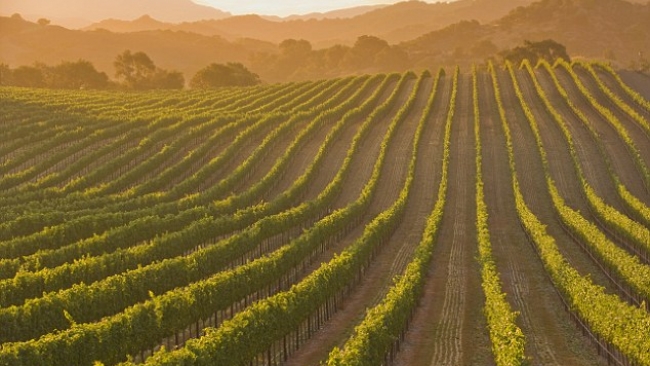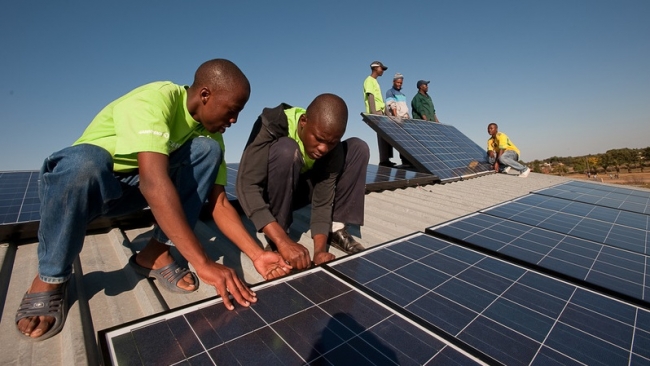Is global warming affecting your wine?

Genetic sequencing could lead to new varieties of climate-tolerant grape It may not be as pressing a concern as rising sea levels, but there are fears global warming could affect the quality of wine. Now, scientists have produced a high-quality draft genome sequence of cabernet sauvignon - the world's most popular red wine grape variety. And it could be used to breed new vines that are more resilient in the heat, ensuring good wine keeps flowing. Scientists at the University of California Davis used a new open-source sequencing technology called FALCON-unzip, combined with a new computer algorithm that can yield detailed information about complex genomes of various organisms to sequence the cabernet sauvignon genome. 'For grapevine genomics, this new technology solves a problem that has limited the development of genomic resources for wine grape varieties,' said Dario Cantu, a plant geneticist specialising in plant and microbial genomics in the UC Davis Department of Viticulture and Enology. 'It's like finally being able to uncork a wine bottle that we have wanted to drink for a long time. 'The new process provides rapid access to genetic information that cabernet sauvignon has inherited from both its parents, enabling us to identify genetic markers to use in breeding new vines with improved traits.' The first genome sequence for the common grapevine, Vitis vinifera, was completed in 2007. But because it was based on a grapevine variety that was generated to simplify the genome assembly procedure, the sequence lacks many of the genomic details that economically important wine grape varieties possess, Dr Cantu explained.
Source: Daily Mail
Tue 18 Oct 2016 at 07:18



.jpg)
.jpg)
